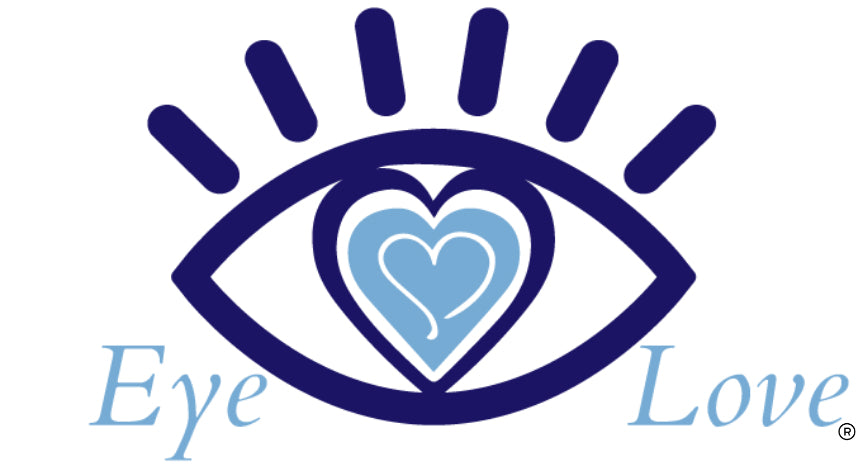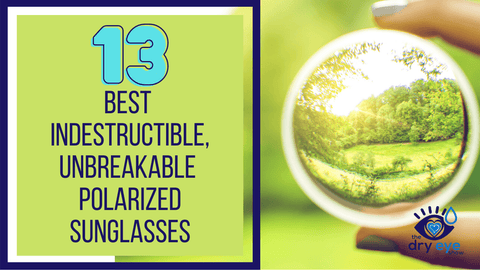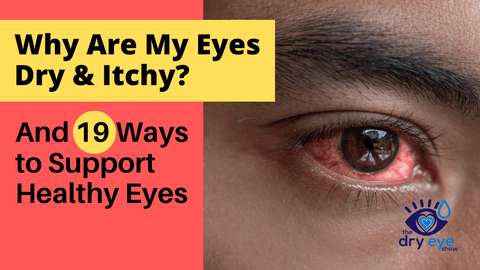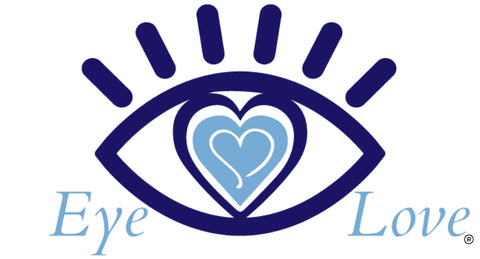UV Light
Ultraviolet (UV) light damage is nothing new to people when they consider protecting their exposed skin, but what might happen to the eyes after repeated exposure to ultraviolet light?
What Is UV Light?
UV light gets its name from the size of its wavelength. Violet light has the shortest wavelength of visible light and ultraviolet light has shorter wavelengths. There are three types of UV radiation: UV-C, UV-A and UV-B. UV-C radiation is absorbed by the atmosphere, the ozone layer specifically, and is harmless because of this absorption. UV-A and UV-B radiation can cause lasting damage to vision.
UV light has many useful traits, though. When UV comes into contact with human skin, it helps generate Vitamin D. This vitamin is needed to combat depression and other ailments. Some people experience something called Seasonal Affective Disorder during the winter months when they receive less sunlight and less Vitamin D.
UV light also has negative traits. Prolonged exposure to direct sunlight can damage the skin drastically. It produces an increase in melanin, especially in those people with lighter skin, but it can also lead to burning, even in a short period of time. Exposure to UV rays has similar effects on the eyes. Short-term overexposure can cause a disorder called photokeratitis, a sunburn of the eyes, causing irritation and a painful sensation for a brief time. Long-term exposure, however, can cause permanent damage. Studies show that long-term UV exposure increases the risk of cataracts as well as macular degeneration later in life.
People who wear corrective eyeglasses or contact lenses need to be concerned about protecting their eyes from UV light exposure. Eye glass wearers have been able to get UV protected lenses for a number of years but it’s been more recent that contact lens wearers can also protect their eyes.
Here are a few brands that offer UV protected contact lenses:
- Vistakon/Acuvue
- Xperio
- Coopervision/Avaira
There are many others as well, although Acuvue seems to be the most popular and is readily available to all contact lens wearers. The next time you visit your eye doctor, ask them about these lenses. Make sure you get them to protect your eyes from UV light over-exposure and the damage it causes!
One Love,

Dr. Jenna Zigler






